The local housing market already shows effects that the potential influx of new Intel employees brings for supply and demand and pricing.
“One of the awesome things about Intel is it’s going to raise property values; one of the scary things about Intel is it’s going to raise property values,” said Stephanie Moulton, a Glenn College professor whose expertise includes housing and consumer finance.
“For people who already own homes, this is a good thing. But for people who haven’t yet purchased homes, already the Columbus housing market is one of strongest in the country in terms of our house price growth,” she said. “Prices have just boomed since COVID, and the population is growing, which means demand for housing and homes is increasing and supply can’t keep up with that demand, so you end up having really high prices.
“I think about the missing middle and first-time homeowners,” Moulton says. “How do we make sure there are on-ramps for new homeowners into the market? That’s going to be challenging without investment. There are things Intel could do to create on-ramps.”
Some solutions: subsidies; strategic housing development with various home price points; and help from nonprofits such as NeighborWorks, the Mid-Ohio Regional Planning Commission, Ohio Housing Financing Agency and the Affordable Housing Alliance of Central Ohio, which have expertise on how to serve people across the income spectrum.
“It’s making sure those players are at the table and part of the discussion so they can help,” Moulton said.
